Up, up, and away! Aeronautics is the study of the science of flight. This field involves designing aircraft, as well as aerodynamics, propulsion, stability, and control in airborne devices. Aviation science prepares your for a career in the aerospace, aviation or airline business.
Aeronautics and aviation science is made up of multitude of careers, including airline business and space exploration. Aeronautics is the science or art involved with the study, design, and manufacturing of air flight–capable machines, and the techniques of operating aircraft and rockets within the atmosphere.
Aviation science refers to aircraft operations and support systems. In addition to flight operations, it includes aircraft maintenance, air traffic control, and airline management. If you’re interested in flying or airplanes, aeronautics may be the field for you!
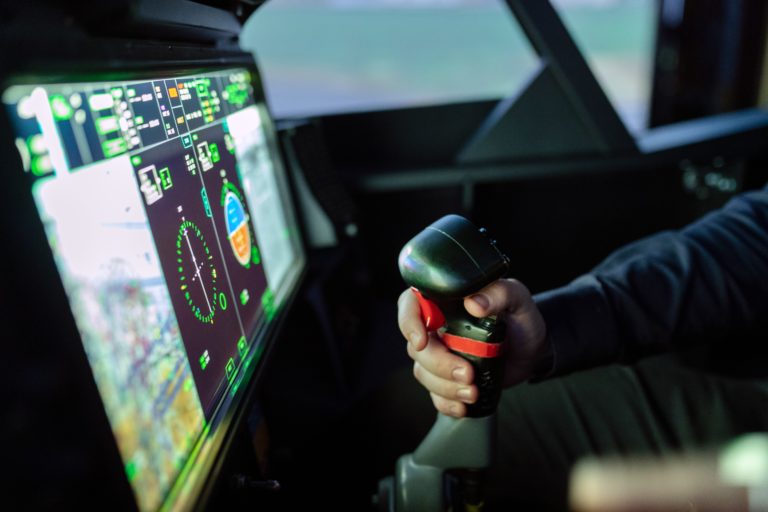
Education Requirements
Bachelor's degree, on-the-job training, license/certification
Average Salary
$119k
Pilots can work for a variety of companies and organizations, from commercial airlines to military groups. Pilots are responsible for flying and navigating airplanes and helicopters.

Education Requirements
Bachelor's degree
Average Salary
$126k
Aerospace Engineers combine specialized knowledge of aeronautics and the principles of engineering to design airborne objects. Typically, they develop and build satellites, airplanes, spacecraft, and missiles. In addition to strong skills in math and physics, aerospace engineers also need to be excellent problem solvers.
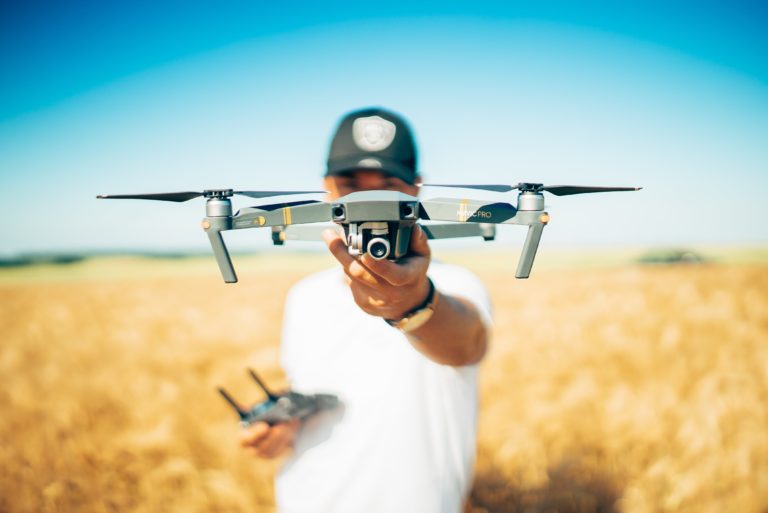
Education Requirements
High school diploma or Bachelor's degree
Average Salary
$58K
A drone Pilot is responsible for operating an unmanned aerial system (UAS). Drone Pilots conduct safety tests, oversee vehicle performance, and operate onboard avionic and imaging systems. In the United States, you can get your Remote Pilot Certificate by passing a test that is given at any FAA Testing Center.
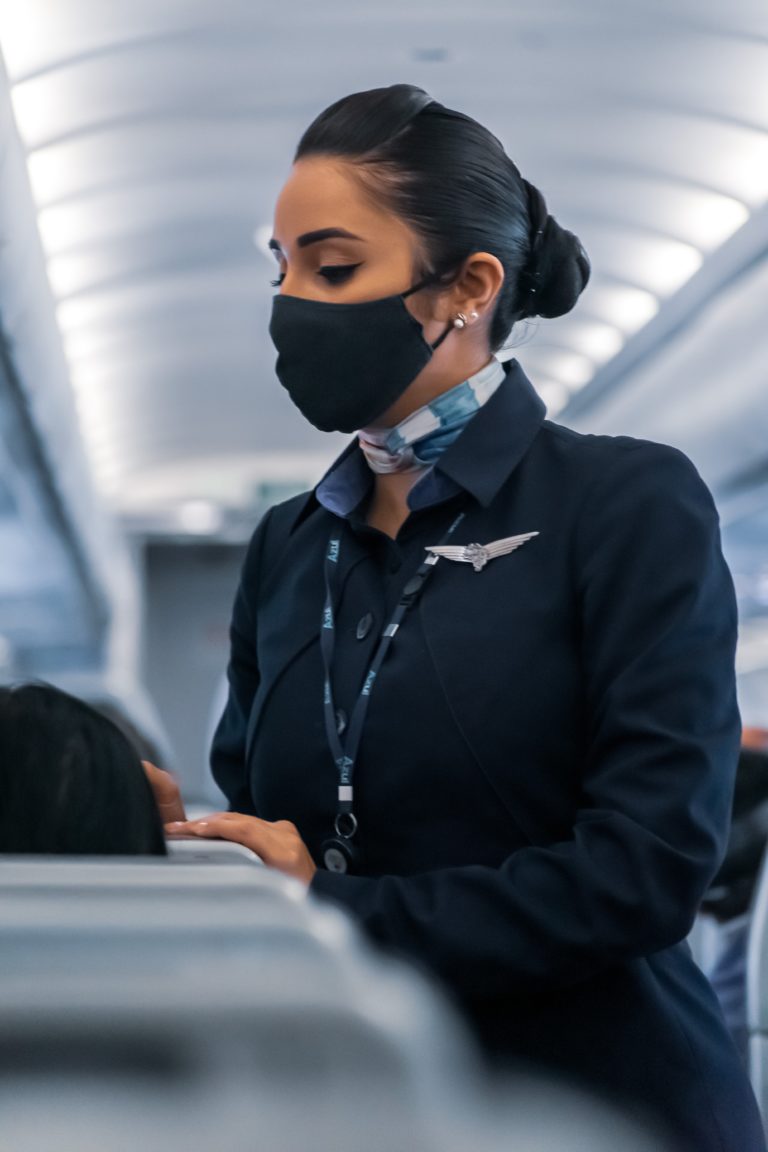
Education Requirements
High School Diploma or equivalent or Associate's degree
Average Salary
$65K
A flight attendant is responsible for attending to the safety and comfort needs of passengers aboard a flight. They perform a range of tasks including demonstrating emergency procedures, directing passengers, and performing safety checks. Classes in hospitality, communication, tourism, and public relations could be especially useful.
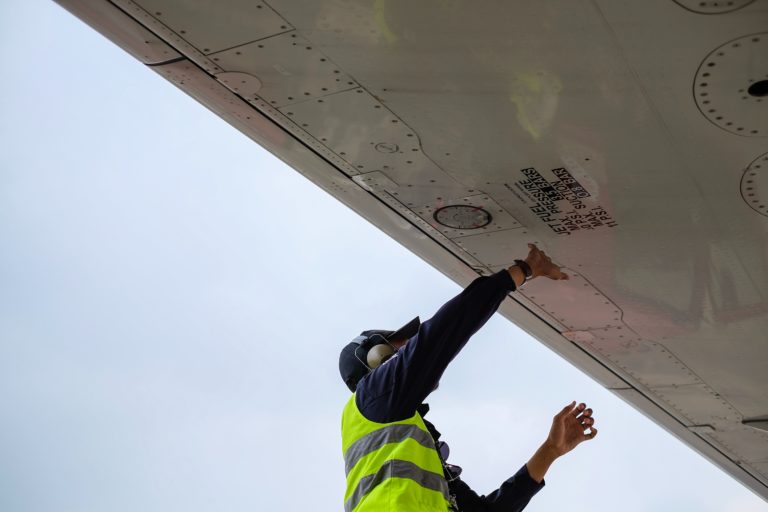
Education Requirements
High School Diploma or Equivalent and training
Average Salary
$48K
Aircraft mechanics are responsible for inspecting, diagnosing, and repairing aircraft structural systems. They also help maintain hydraulic and mechanical systems, identify repair methods, and schedule routine updates. They may be employed in the logistics and/or aviation industries. A college degree isn't required for this occupation, although most aircraft mechanics obtain at least 18 months of training from an FAA-approved aviation maintenance technician school.
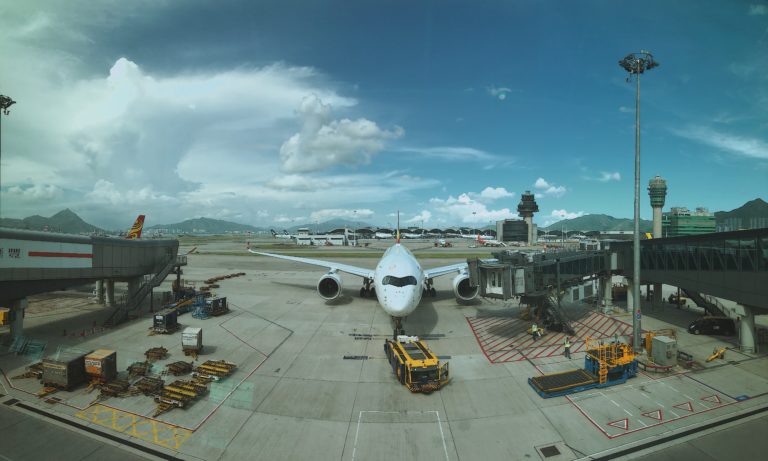
Education Requirements
Associate's or Bachelor's degree
Average Salary
$79K
Air traffic controllers monitor and direct the movement of aircrafts on the ground and in the air, including controlling all ground traffic at airport runways and taxiways, controlling air traffic throughout the entire National Airspace system, and issue landing and takeoff instructions to pilots. Candidates who want to become air traffic controllers typically need an associate's or a bachelor's degree from an Air Traffic-Collegiate Training Initiative (AT-CTI) program. Other candidates must have 3 years of progressively responsible work experience, have completed 4 years of college, or have a combination of both.
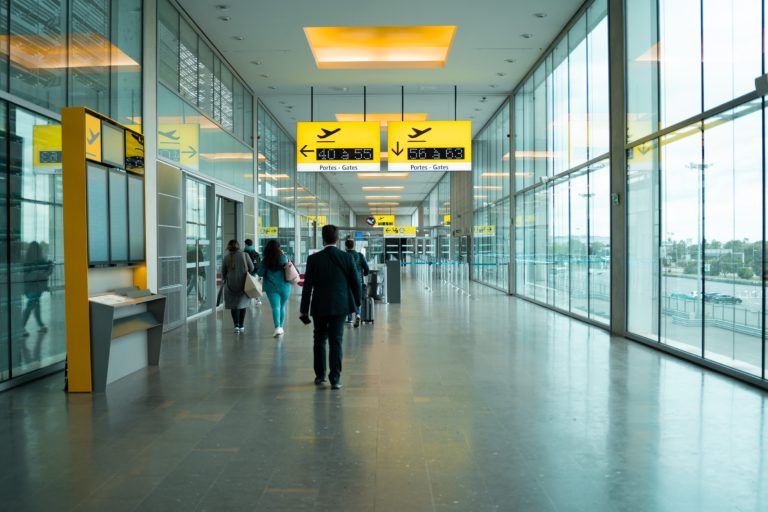
Education Requirements
Bachelor's degree
Average Salary
$92K
Aviation managers are airport employees who oversee compliance with local, state and federal regulations to ensure that the airport runs efficiently and safely. At larger air carriers, aviation managers are focused on analytics, logistics, supply chain management, facilities and control management, and autonomous systems development. Aviation managers need to keep current on policies, standards, procedures and laws regulating aviation. Aviation managers should have a bachelor's degree in airport management, aviation administration, aviation management, public administration, business administration, finance or a related field.
Career salary data provided by: U.S. Bureau of Labor Statistics Occupational Outlook handbook and O*NET OnLine.